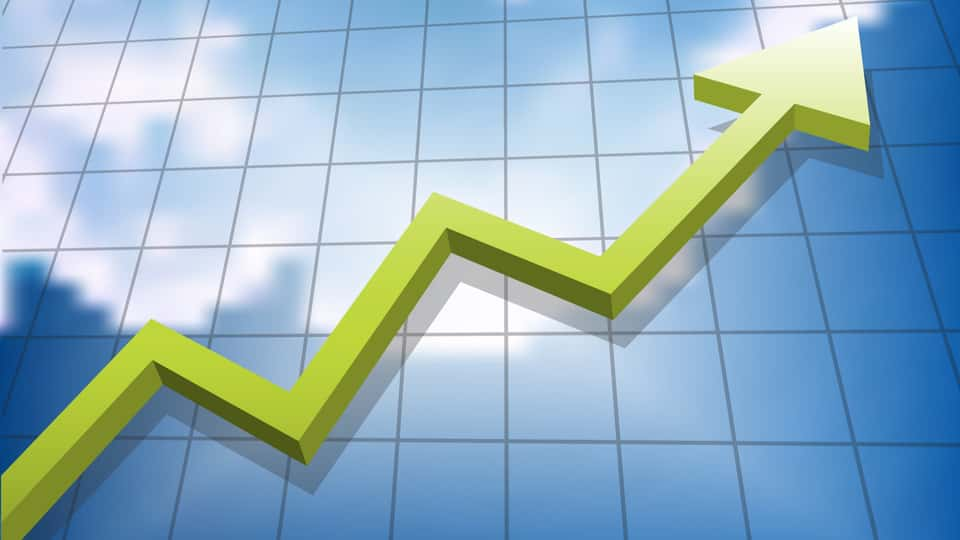The big news this week in the world of trading is that nearly all the top online brokerage firms have moved to offer zero commission on the trading of stocks, ETFs and option orders.
This is another boon to retailer investors and part of the longer-term trend of lowering overall costs associated with investing and trading but highlights the challenges legacy financial firms face in a world of electronic trading and passive investing.
The first salvo was fired on Tuesday by Schwab (SCHW) when it announced effective October 7, it would no longer charge a commission on trades and was quickly followed by Ameritrade (AMTD) and E*Trade (ETFC) over the next two days.
The verdict on what this means to their business models of the above was swift and severe as shares SCHW, AMTD, and ETFC tumbled by 15% to 30% in the immediate aftermath of the announcements.
It’s deemed Schwab, whose profits are driven by asset gathering and offering ancillary products such as wealth management, prime brokerage, and banking services rather than trading fees, is best positioned to eliminate commissions while E*Trade, which whose shares are now down 50% from the summer highs will face some tough choices as its business is based on trading and valued on metrics such as ARPU .
Some would argue this ‘race towards zero” is simply the inevitable endgame; new firms such Robinhood which caters to millennials as a mobile-first, commission-free trading are just the latest disruption on the long term trend driving costs lower. Fun fact, the valuation of Robinhood, which was only founded 5 years ago and remains private, is now over $10 billion and exceeds E*Trade’s market cap, which has sunk below $9 billion.
Actually, the big change occurred in 1975 in what people now refer to as May Day. That’s when the regulators abolished fixed-rate commissions, which meant that trading 10 shares cost the same as trading 10,000 shares, often well over $100 per transaction.
Since then, the drop in swift and dramatic; the chart below from the NYSE only goes to 2000 when electronic trading was first taking hold. The cost now is less than one half of 1% or 0.05%, per transaction.
(Source: NYSE)
Over the past decade, basically since the financial crisis, it has become common wisdom that the long term returns are equally a function and dependent on costs and fees rather than stock picking; hence the explosion of low-cost ETFs that are built to simply track the market.
So, when people get worried about a world of low rates and possibly muted stock returns I think they often forget that there were no discount brokerages or Vanguard index funds to make things easier for investors. It’s quite possible that investors actually required a much higher gross rate of return in the past because it was far costlier to own stocks. This is one of the reasons that dividend yields were so high historically. Companies had to convince people that it was worth it to own equities over fixed income.
Not only did it cost more to put together a portfolio, but investors typically had more concentrated portfolios back in the day. They weren’t investing in broadly diversified funds or ETFs for the most part. They were buying a handful of stocks, most likely the 10 to 20 names that their brokers recommended to them. So historically, people probably held much riskier portfolios and paid a much higher cost to put them together. Therefore, a chunk of those historical gross returns are probably an illusion — very few were actually earning those numbers.
It’s quite possible that returns from here will be lower than they have been when compared with the historical numbers. But, with costs now near zero investors have a much lower hurdle rate to have positive returns on an absolute basis.
SCHW shares were trading at $35.64 per share on Monday afternoon, down $0.03 (-0.08%). Year-to-date, SCHW has declined -13.13%, versus a 19.43% rise in the benchmark S&P 500 index during the same period.
About the Author: Option Sensei

Steve has more than 30 years of investment experience with an expertise in options trading. He’s written for TheStreet.com, Minyanville and currently for Option Sensei. Learn more about Steve’s background, along with links to his most recent articles. More...
More Resources for the Stocks in this Article
| Ticker | POWR Rating | Industry Rank | Rank in Industry |
| SCHW | Get Rating | Get Rating | Get Rating |






